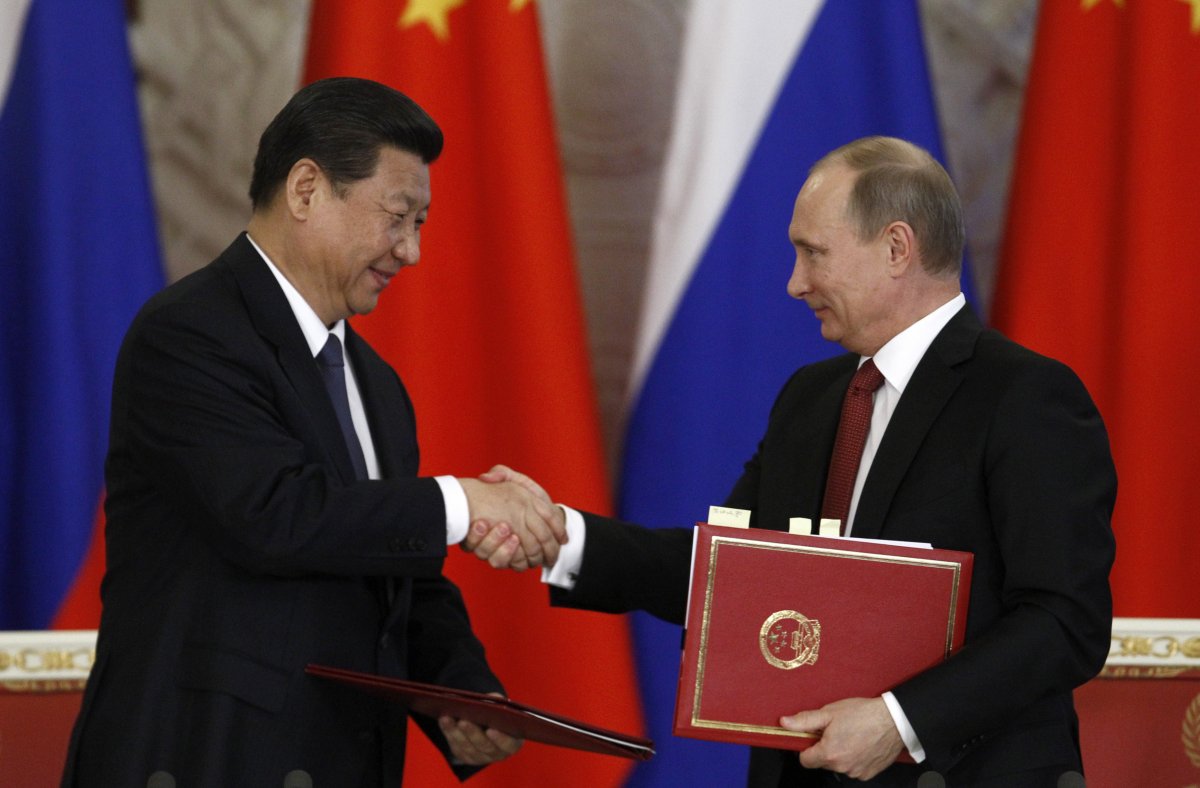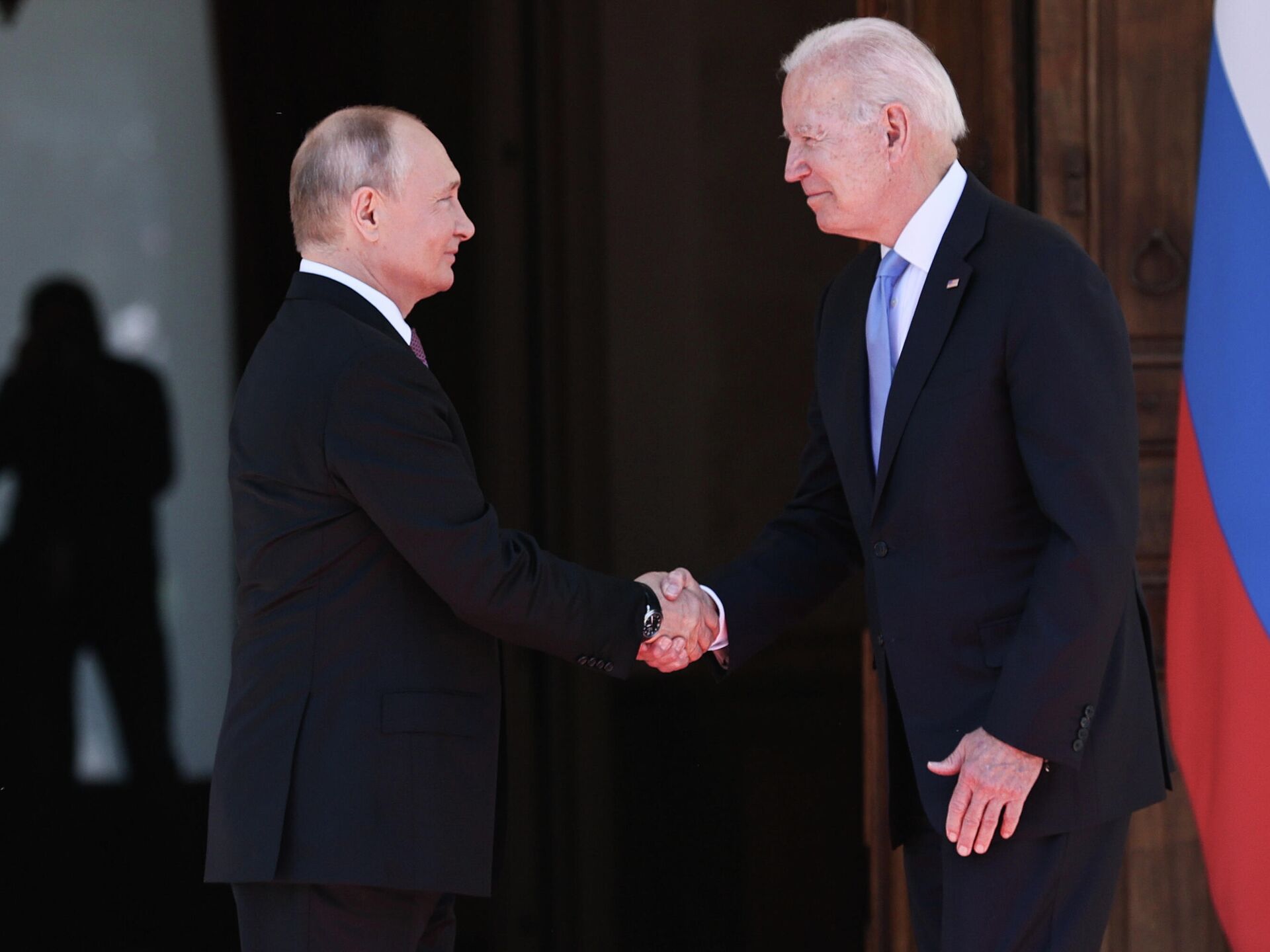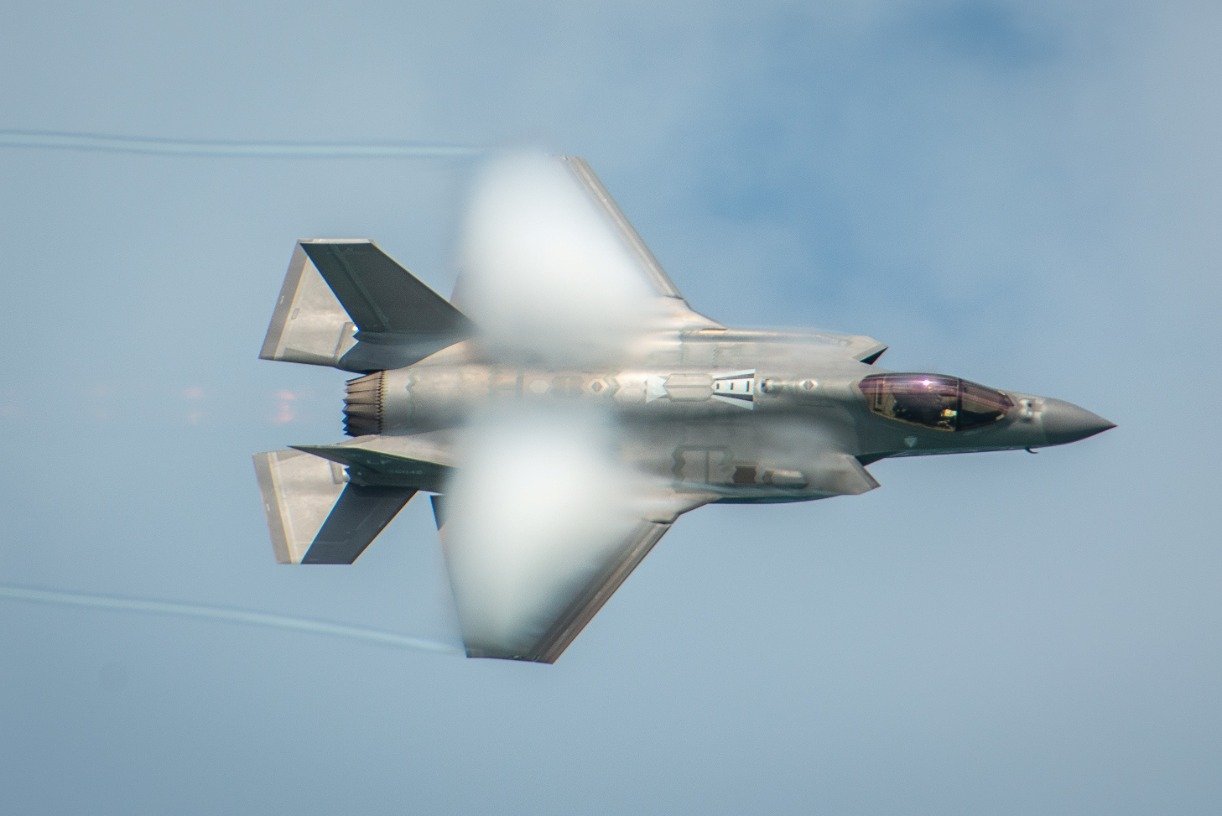
 National
governments and international alliances sometimes can be short sighted,
petulant and self- destructive. The
ever–escalating programs of economic sanctions that the United States and the
European Union are imposing on Russia are already proving to be a classic
example of this. Of course they can and
already do cause certain damage to the Russian economy but if the Western
strategists believe that this would generate an anti-Putin revolt or Russian
"Maidan” they should better abandon their wishful thinking. Not only do Putin ratings keep climbing up
with each new wave of sanctions but, in addition, far from isolating Russia, as
planned, they are driving it and China far closer in economic ties and
strategic cooperation in a new Eurasian dynamic that India has made clear it
wants to be a full partner in as well. In
addition, as the recent Caspian agreement shows, Russia is also making new
common cause with Iran and other Asian countries to counter U.S. and European
economic and other penetration of the former Soviet republics of Central Asia
and the Caucasus.
National
governments and international alliances sometimes can be short sighted,
petulant and self- destructive. The
ever–escalating programs of economic sanctions that the United States and the
European Union are imposing on Russia are already proving to be a classic
example of this. Of course they can and
already do cause certain damage to the Russian economy but if the Western
strategists believe that this would generate an anti-Putin revolt or Russian
"Maidan” they should better abandon their wishful thinking. Not only do Putin ratings keep climbing up
with each new wave of sanctions but, in addition, far from isolating Russia, as
planned, they are driving it and China far closer in economic ties and
strategic cooperation in a new Eurasian dynamic that India has made clear it
wants to be a full partner in as well. In
addition, as the recent Caspian agreement shows, Russia is also making new
common cause with Iran and other Asian countries to counter U.S. and European
economic and other penetration of the former Soviet republics of Central Asia
and the Caucasus.On the economic front the continuing consolidation of the BRICS nations creates an important shift in economic and financial weight from the West when U.S. and Europe no longer can dictate and impose their rules of the game on the rest of the world.
It is indeed an extraordinary strategic fantasy to imagine that the United States and the EU can "isolate” Russia and China which are not so lonely after all and when some European countries getting more and more frustrated with the Washington dictate and when many South American nations at least morally are on the Russian side.
Ironically a few European nations are far more dependent on Russia than Russia is on them: Siberian natural gas remains essential to heat the homes of hundreds of millions of European homes every winter. Even in prosperous, booming Germany, at least 300,000 well-paying industrial jobs remain directly dependent on Russian orders for their exports alone.
The more anti-Russia Western policy becomes, the more Russian and Chinese regional and geopolitical interests converge as Beijing’s clearly realizes that Washington will not hesitate to cross any red line to promote its interests.
However, the big question is whether such policy would indeed serve American interests in the long run. The coming together of Russia and China threatens both the U.S. security stand and two important global economic goals like the creation of a Transatlantic Trade and Investment Partnership (TTIP) with Europe and a similar Trans-Pacific Partnership (TPP) with Asia.
These initiatives would benefit American companies enormously. However, the development of a Russia-China economic axis forged in reaction to the sanctions regime against Russia and China’s frustration at what it interprets as U.S. efforts to "quarantine’ or confine it in Asia, would create a political, strategic and economic power bloc that some European and Asian nations could not afford to ignore.
The fact is that an economically weak and troubled European Union, crippled by a critically weak euro-currency for its core economies and massive structural high unemployment in France, Italy, Spain, and other countries are too interconnected with the Russian markets.
At the same time the United States for its part cannot afford to anger China too much since the State Bank of China continues to hold around one third of all U.S. Treasury Bonds in existence. Washington too runs enormous risks if it goes too far in angering and alienating Russia, which remains its crucial partner for global strategic nuclear security.
Policymakers in Washington and Brussels continue to hold the delusion that they live in an "End of History” world where their shared liberal and democratic values are bound to win – and quickly – over every alternative economic and political system.
However, the harsh truth remains that we live in a fragmenting world of 7 billion people where competing and very different centers of civilization and power have already emerged. It is the world predicted 21 years ago by the late American historian and geo-strategist Samuel Huntington.
In Huntington’s multi-polar world, as it actually exists, the West’s sanctions on Russia will certainly not bring Moscow to heel over Ukraine. They will backfire, creating instead the very nightmare that Washington and Brussels policymakers should most want to avoid at all costs: The creation of a world divided between different trading and strategic blocs.
Economic sanctions are not isolating Russia: They are isolating the United States and straining the bonds of the European Union. Those outcomes are already clear.
Edward Lozansky is President of the American University in Moscow
Martin Sieff is a national columnist for the Post-Examiner online newspapers and a senior fellow of the American University in Moscow.
Edward Lozansky and Martin Sieff
Edward Lozansky is president of the American University in Moscow, Professor of Moscow State and National Research Nuclear Universities
Martin Sieff is a national columnist for the Post-Examiner online newspapers and a senior fellow of the American University in Moscow



_jpg/250px-ElbeDay1945_(NARA_ww2-121).jpg)









